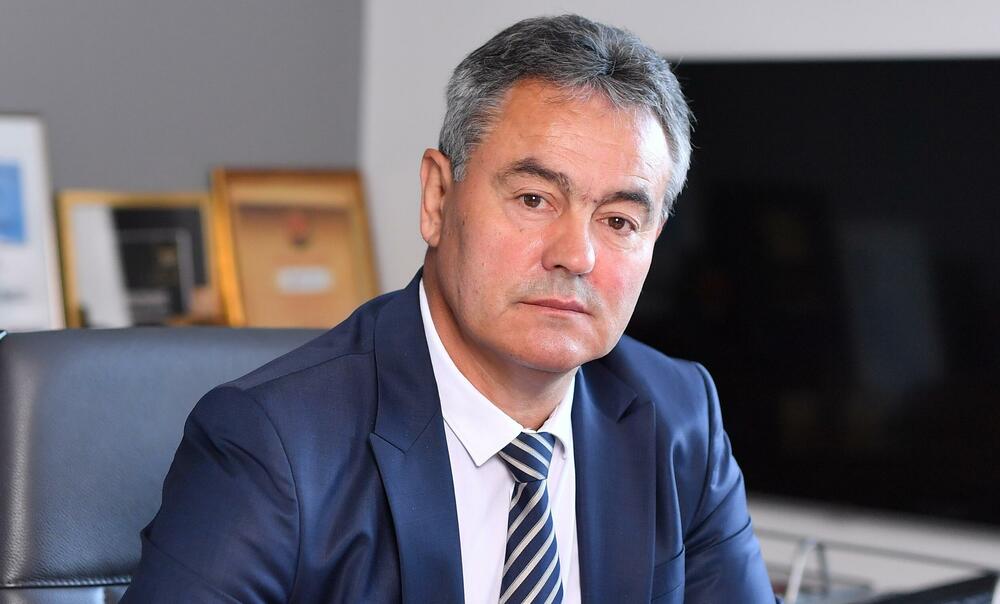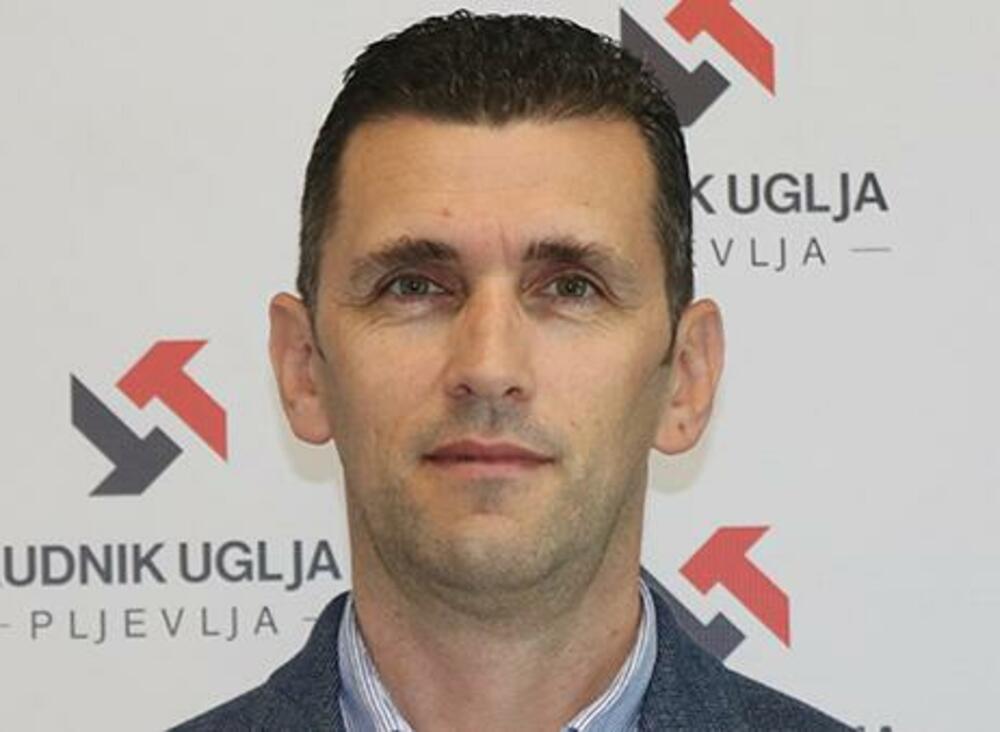The contract with the Pljevlja Coal Mine was terminated because we were not provided with a promissory note, i.e. a means of security for the fulfillment of contractual obligations, the Electric Power Company of Serbia (EPS) told News.
The former executive director of Rudnik Uglja, Milan Lekić, confirmed that the contract was terminated during his tenure.

"The contract was terminated during the period when I was at the head of Rudnik Uglja", he told Vijestima, noting that he did not want to comment further.
Mihailo Potpara, the new executive director of Rudnik uglja Pljevlja (RUP) told the News that "bearing in mind that an investigation has been initiated based on a criminal report regarding the circumstances surrounding the contract in question, we are prevented by law from providing more detailed information".
Potpara, however, confirmed three days ago that EPS terminated the contract on the sale of lignite coal with the Montenegrin state electricity company.

- A few months ago, during the time of the former administration, an official letter from EPS arrived informing us that the contract on the purchase and sale of coal was unilaterally terminated - Potpara stated in a statement for Pobjeda.
Provided that the statements of the current and former executive director of Rudnik are correct, and that EPS' statements about the promissory note do not represent an agreed maneuver of the participants in this "deal of the century", several questions arise.
If RUP really did not deliver the promissory note to EPS, which is a common practice in this kind of business, it is logical for everyone to wonder why this happened.
The coal mine could not deliver the promissory note to EPS for two reasons, says an interlocutor of Vijesti from the banking sector who wished to remain anonymous. This may happen due to the possible bad financial position of the applicant for the issuance of the promissory note. If the potential debtor is in a bad financial condition or does not have enough funds to cover potential obligations, the bank may refuse to issue the promissory note.
Banks, for the most part, in these situations also assess business practices by checking whether the company or the person requesting the bill of exchange is known for unreliable business practices or has a history of unpaid obligations. In this case, the bank may refuse to issue the bill of exchange.
It is also carefully considered whether the potential debtor has enough assets or values that can be used as a cover in the event of the execution of the promissory note. If adequate coverage is lacking, the bank may refuse to issue the promissory note.
There are also legal obstacles such as court cases or non-compliance with legal regulations, and it is assessed whether the said business or transaction is high-risk, the bank may be more cautious in providing a bill of exchange.
Banks also carefully assess risks and security factors before issuing promissory notes, because a promissory note is an obligation of the bank to pay a certain amount if the debtor fails to fulfill its obligations.
Therefore, if RUP failed to provide a promissory note, then the actual financial condition of the Pljevlja Coal Mine is called into question, because it is not very common for banks to refuse to issue promissory notes to a state-owned enterprise which, according to available data, operates profitably.
There is, therefore, another possibility, that the bills of exchange were not delivered to EPSU on time due to someone's forgetfulness or carelessness. It is, however, unlikely because it is an important and financially significant business to be able to seriously talk about this kind of someone's irresponsibility.
Knowing all that, the most arguments will be those who consider that the non-delivery of the promissory note as a reason for terminating the contract is actually an agreement between EPS and Pljevlja Coal Mine. The motives of both, unfortunately, can only be guessed because neither the former nor the current management wants to talk about the reasons for terminating this contract.
Coal still travels to Serbia
One of the interlocutors of Vijesti said that, regardless of the termination of the contract between EPS and RUP, "trucks are still going to Serbia" from Rudnik Coal Mine, not wanting to explain what exactly that means.
The CEO of Rudnik Uglja, Mihailo Potpara, says that it is true that coal is still being sold on the Serbian market.
"RUP delivers coal to all interested customers, including customers in Serbia, in accordance with the available quantities. "Unfortunately, these quantities are not large because the priority is meeting the needs of EPCG, even though our prices for general consumption are significantly higher," said Potpara.
When asked whether it is possible to continue to supply EPS with coal from Pljevlja in this way, through an intermediary, the executive director emphasizes:
"We are not interested in who these customers sell the coal to," said Mihailo Potpara.
Two contracts with EPS and SDT reconnaissance
RUP delivered coal to EPS on the basis of the contract signed at the end of May 2022 by the executive director of the largest Pljevan company, Milan Lekić, and the acting director of EPS, Miroslav Tomašević.
The contract foresees the delivery of the first 40 thousand tons of the planned total quantity of 300 thousand tons of coal. The price of coal is 28,8 euros without value added tax (VAT) for a quality of thermal power of eight thousand kJ/kg per ton, whereby the price is corrected by weighting in the range of thermal power from seven thousand to ten thousand kJ/kg.
The second contract defined that the Pljevlja Coal Mine sells 120.000 tons of coal to EPS, and in it, on the basis of the same decision, which is made every month and which inevitably follows the market price of coal, a fixed price of 41,94 euros for coal with a thermal power of 7.000 -10.000 kJ/kg.
SDT launched an investigation and asked Lekić to explain who and according to what criteria established the price of 28,8 euros, at which the largest company in Pljevlja sells brown coal to Elektroprivreda Srbije (EPS). At the same time, the Special Police Department (SPO) asked the head of that state-owned company to provide them with complete documentation on the purchase of dump trucks.
Bonus video:





